SGUK Episode 173
Community Knows First
Introduction
This podcast brings attention to the significant support to abuse victims by grassroot organisations. We will also touch upon why early intervention rarely starts with law or police. We will look at some of the barriers within legal systems that prevent effective early intervention, and how community based organisations address these challenges. The SGUK campaign encompasses many survivors of coercive control abuse around the world. Mainly women, and who cover a wide range from affluent to the opposite end of that spectrum. We also looked at community groups in 2022, supporting victims in a variety of countries and we are currently researching if they are still in existence, and updating our records – ready for when various Task Forces are formed, commencing with a Leading Global Task Force (to be formed and named in the future). This Task Force will comprise of leading professionals, community organisations from a variety of nations around the world, specialist Consultants, Human Rights groups and organisations, Elected Members from a range of countries, Authors who have research and written about this area of abuse, former politicians, Survivors of Coercive Control abuse, University Research professionals, Law Enforcement and many more. The organisations that the SGUK volunteers and I contacted are both large and small. Some you will all instantly know of, and others some of you will be hearing about for the first time.
This piece of the jigsaw is an outline of community groups and larger organisations based in several parts of the world, and the work that they do, and who the survivors approach for assistance and support to venture into the complicated world of the court system. We will also touch upon in a future episode, the treatment of women going through that court process, which is more like a race track littered with hurdles, many of which are difficult to cross. Things have improved over the years, but there is still a long way to go. Currently any coercive violence committed prior to 2015 is proving very to be recognised in the court system. That cannot be accepted and will continue to be challenged until that marker in the sand is removed. Just because abuse prior to that date was called something else, does not mean it did not take place. Education is paramount and will no doubt feature heavily in the coming months and years.
“Abstract
This paper presents a review of 22 published evaluations which examined domestic abuse interventions across the UK. A literature Search was conducted in November 2016. The main aim of the review was to identify emerging good practise in multi-agency early intervention; thus, to be eligible for inclusion in the review, projects were multi-agency in nature and aimed to intervene early. Findings from the review reveal that there are a range of strategies and interventions that have been piloted and tested which have had varying degrees of success. Overall, interventions that adopt an advocacy approach appear to have more impact and are more sustainable, and, that when co-located with statutory or voluntary services, multi-agency working is enhanced. However, further consideration is required in terms of what constitutes early intervention, as all interventions are dependent on victims and perpetrators accessing services early, thus, primary prevention strategies, currently entirely school based, are key to promoting and supporting secondary prevention.”
CASE STUDY:
“For over two and half years after I left the relationship I was stuck in a hell from which there was no escape. My self-confidence and self-esteem were virtually non-existent, I was encountering severe feelings of loss and stuck in depression. Whilst I recognised that these were the psychological injuries sustained as a direct result of the abuse I had endured for fifteen years I found myself having to relive all of it every day as I was fighting to see the kids and trapped in a wholly unsympathetic legal process of divorce; the lack of understanding of coercive control within the entire legal system was inadvertently allowing my partner to continue to have an impact on my daily life. However, as I received one judgement, or decision, after another I began to feel a sense of closure, however small or short-lived. I was still reliving the abuse daily but because of the closure I was less anxious about daily activities and chores, the depression felt it was moving on and the feelings of loss were moving to the next stages. And then something happened. Another person came into my life. Before the abusive relationship I always regarded myself as a positive, creative, principled, loyal, empathic person. And here now was what I felt was my perfect compatible in every way. And yet whenever I was with this person I found that despite their incredible reassurance I could not help but feel an overwhelming anxiety. When I was not with that person there was a battle going on in my head. I was picking flaws in this person. All those incredible qualities this person possessed and shared were now, in my head, coming across as needy, possessive and manipulative. And subsequently this person who I originally felt was beautiful physically and emotionally was now beginning to look unattractive. Something inside was setting off alarm bells. Something was wrong and I couldn’t quite put my finger on it and my behaviour around this person became cold and aloof as I was beginning to push this person away. The question lingered, “why am I feeling like this when that other person has not given me any reason to do so; what’s triggering these feelings?” Every day I would put these feelings and thoughts through a cognitive process, weighing up the qualities of this person against what I was feeling. I discovered that there was neither a proportionate or justifiable reason for me to feel what I was feeling and thinking. So, I accepted that this person was my physical, emotional and intellectual compatible and then moved on to understand why was I trying to push this person away. The answer made me aware of the extent of the abuse I had encountered and it’s deeper and longer term impact. I was scared. Pure fear. Not because of anything this person was saying or doing. No. It was the feelings that this person was bringing to life which in the previous relationship had been played with, manipulated and tortured leading me to live in constant daily fear. Not necessarily the fear which comes from the potential physical threat, but similar in intensity. The fear I would feel when I would cook their meal fearing that it will not be good enough; that my cleaning will not be good enough; that my appearance will not be good enough; that my family and friends would not be good enough; that my job, thoughts, ambitions and feelings will not be good enough. I was living in fear every day. The fear was protecting me. It would make me prepare for the next abuse. It would make me think ahead and try to pre-empt my partners moods. The fear was protecting all those thoughts, feelings and belief systems I had which made me who I was before the controlling relationship. Now here was a person who shared those thoughts, feelings and had the same belief systems but I found myself fraught with anxiety, shutting this person out because they were triggering that fear. Now I understood that I could apply a cognitive process to help me realise that this new person did not warrant the thoughts and feelings which had become hard-wired over the fifteen years of abuse to protect myself. I had to re-learn and re-condition my thoughts and feelings. I was always good at learning something new. I could feel that this was going to be difficult. I had to work on my self-confidence and self-esteem whilst being aware that if any feeling or behaviour was out of character I would have to address that feeling or behaviour, recondition my mind and unlearn all that had been imposed upon me. I could feel that this would take a long time but my kids and my happiness was worth the battle.”
If the victim is able to escape the environment they have been in they will remain impacted by the abuses. It is likely that even when the victim has escaped the victim will continue to be coercively controlled. This can happen by the further manipulations of the perpetrator of the institutions and organisations such as the police, lawyers, welfare services, and courts by making counter-allegations, including alienation from the children. Hence, the victim might continue to live in fear under the shadow of the perpetrator.
Signs to Look Out For:
- Isolation: The abuser may isolate the victim from friends, family, or support networks, making them dependent solely on the abuser for validation and support.
- Micromanagement: Constant monitoring of the victim’s activities, such as their whereabouts, spending, or interactions, can be a sign of coercive control.
- Manipulation: This can take various forms, including gaslighting (making the victim doubt their own perceptions), guilt-tripping, or using threats and intimidation.
- Financial Control: Controlling the victim’s finances, limiting access to money, or sabotaging their job or education opportunities are common tactics.
- Emotional Abuse: Verbal insults, degradation, and undermining the victim’s self-esteem are all part of the emotional abuse that often accompanies coercive control.
- Reach Out for Support: Talk to a trusted friend, family member, or professional about your concerns. They can provide emotional support and help you explore your options.
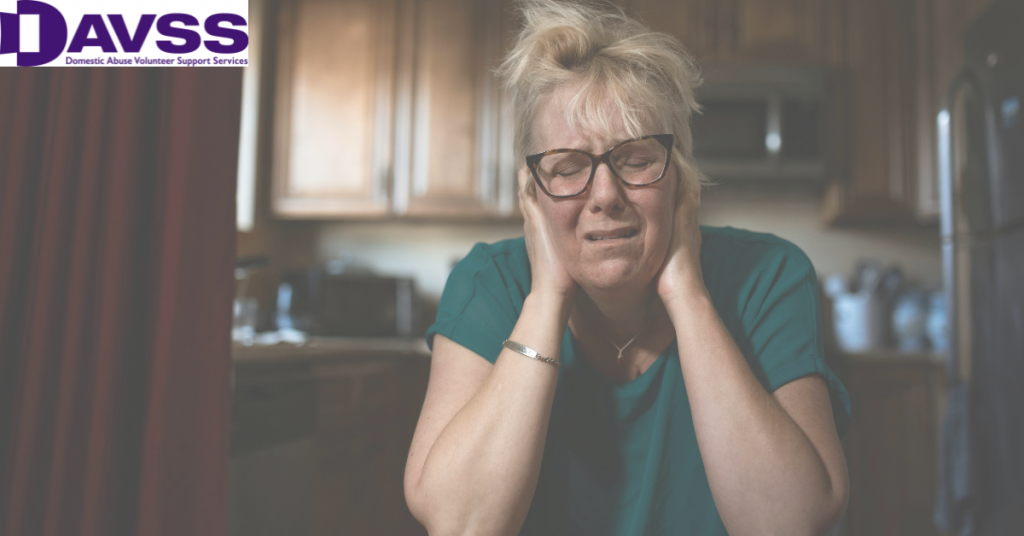
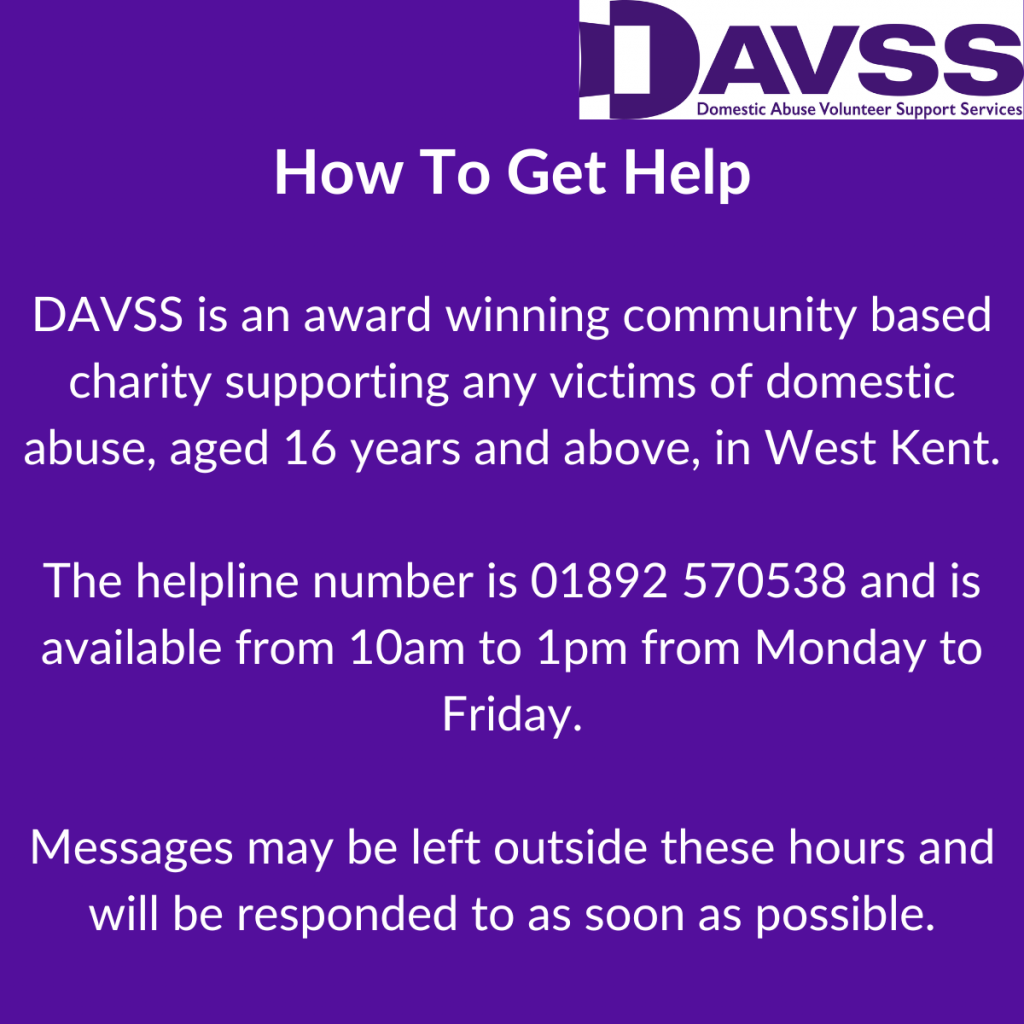
In conclusion, coercive control is a serious issue that can have devastating effects on victims. By understanding the signs, seeking support, and raising awareness, we can work towards creating safer and more supportive communities for everyone. If you or someone you know is experiencing coercive control, remember that help is available, and you are not alone.
Survivors Voices – Turning Pain Into Power
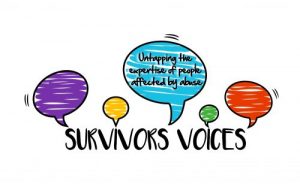
“Who We Are
Survivors Voices is an abuse survivor-led organisation that turns the pain of abuse into power to improve responses to trauma. We work with survivors of all types of abuse. We are all ‘experts by experience’, a community of volunteers, freelancers, workers and advisers from a variety of backgrounds.
Our vision is for a safer society with support for survivors that is survivor-sensitive, survivor-empowering and services that are trauma-responsive.
What we do
We run peer support groups and survivor-gatherings, in partnership with Little Ro.
We have peer communities for survivor researchers, writers, and survivor activists. We are always open to survivors who wish to join us.
We research survivor experience of abuse, safeguarding, help-seeking and recovery. We develop tools to support good involvement of survivors in research and education, including our Survivor Charter, and Research Involvement Ladder. We can help you to engage well with survivors in your research project, and recruit participants and peer researchers through our Linking Service.
We educate about abuse and trauma-informed practice. We provide survivor-led training for practitioners, organisations and survivors. We can speak at your event or run training or workshops.
We run survivor-led projects to raise awareness of abuse and trauma, amplify survivors’ voices and co-create change with survivors. If you’re a survivor and want to turn your pain into the power to change, we want to hear from you.
We publish survivor-created writing, research and resources for survivors, allies and those who work with survivors. Join our mailing list to stay in touch with all our work. (Details on their website, listed in the reference sources below.
……………………………………………………………………………………………………………………..
After two decades of conversations with survivors, we can say with certainty that We ALL have much work to do to foster survivor-safe-survivor-sensitive-survivor-empowering environments in our organisations and in our communities and to develop trauma-responsive practices within professional helping relationships. What is your part to play?
USA Based Community Groups Resource
Key Resources Available to Victims of Coercive Control
- Counselling and Therapy – Professional counsellors skilled in the strategies of coercive control can help victims understand their experiences, build self-confidence, and find strategies for emotional recovery.
- Legal Support Services – Legal aid organisations provide assistance with Protective Orders, custody, and other legal matters for victims of coercive control.
- Support Groups – Connecting with others who have experienced similar situations provides emotional support and shared wisdom.
- Emergency Helplines – Many organisations offer 24/7 helplines, providing immediate support, safety planning, and connection to local resources.
- Educational Programs – Courses like our Coercive Control Course educate survivors on recognising coercive control and accessing available resources.
Family Violence Mindset Solutions provides guidance on how to access these resources and build a support network. Learn more about resources for navigating and escaping coercive control.
Are You a Survivor? USA based Resources:-
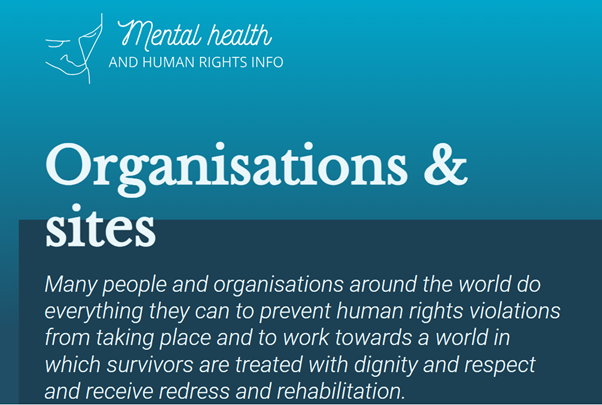
https://www.hhri.org/are-you-a-survivor/organisations-sites/
International Conference coming up in April 2026 in NYC
What happens in the private home is mirrored in society at large. Coercive control can be found in our institutions, organizations and governments.
- Micro Level: In intimate relationships – one partner exerting power and control over the other partner; a parent exerting power and control over a child.
- Mezzo Level: In systems such as family court, criminal justice and religious organizations – when these systems ignore or dismiss the exertion of coercive control on the Micro Level, they become complicit in the abuse of the victims on the Macro Level.
- Macro Level: In broader systems, such as government and institutions that fail to support and enforce policy that would prevent oppression, these macro structures, also complicit in the exertion of coercive control, create barriers that further oppress groups of people, particularly women and children.
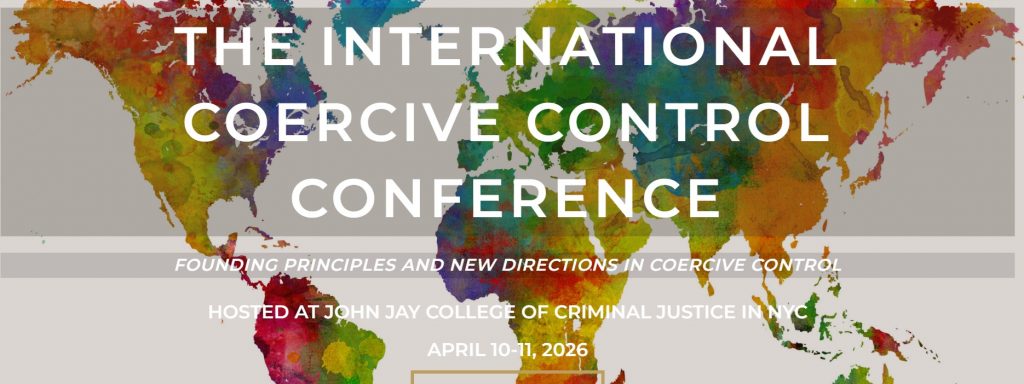
ABOUT
The International Coercive Control Conference (ICCC) envisions a society where women and children are free from violence, exploitation, and oppression, and have autonomy to thrive.
Mission:
ICCC’s mission is to end coercive control as a form of violence against women and children by creating opportunities for collective education and awareness-building and advocacy for positive and significant societal change and accountability.
Conclusion
January 2025: First in the World – A Decade of Coercive Control Criminalization in Britain
DVSN Jan 14 2025 Uncategorized
[This post was originally written in January 2025 and information was added in February 2025 to include the Victim and Prisoners Act 2024 coming into effect.]
Coercive control is a form of domestic violence that has long been in advocates’ vocabulary but is rarely seen in legal contexts. The United States has no federal law against coercive control. At the time of this writing, only seven states have some sort of law involving coercive control, with DVSN’s home state of Massachusetts becoming the most recent to join that short list when it included coercive control as a criteria warranting the issuance of a restraining order. However, coercive control is still not an arrestable offense in and of itself in Massachusetts. The other six states only implemented their coercive control laws in the previous five years and what they actually encompass varies from state to state. In December 2015, England and Wales became the first nations in the world to criminalize coercive control within relationships. Coercive or controlling behaviour (CCB) in England and Wales is punishable with a large fine and/or up to five years in prison. As more and more countries and US states consider and add coercive control laws, let’s take a closer look at the British law, how it has been implemented and adapted in the past decade, and its impact.
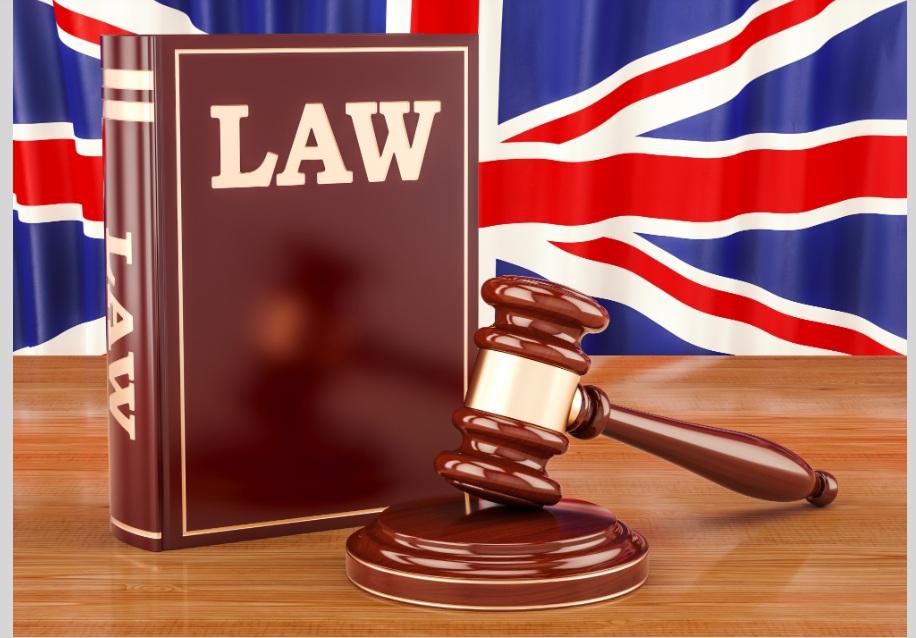
Defining Coercive Control
The UK government defines controlling or coercive behavior in two ways: 1) acts designed to make a person feel inferior and/or dependent by keeping them apart from friends, help, and support, including taking advantage of their money and things they have, stopping their independence, and controlling what they want to do, and 2) an act of assault, threats, humiliation and intimidation, or other abuse that is used to harm, punish, or frighten the victim.
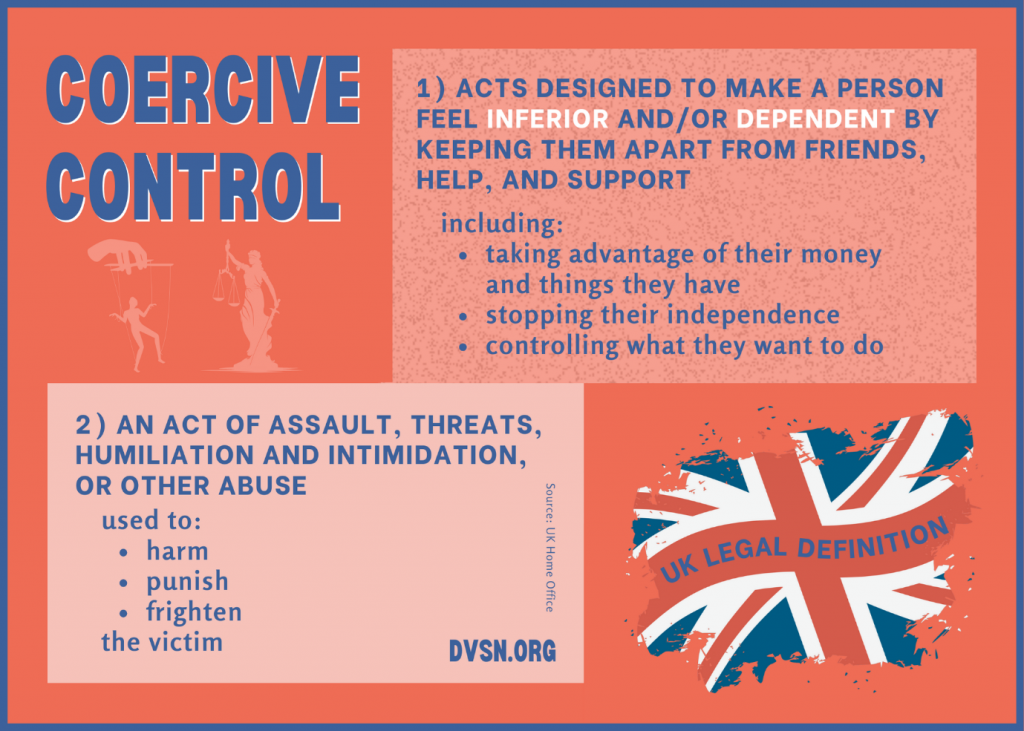
Examples given of coercive and controlling behaviour (CCB) include physical violence or threats thereof, sexual assault or threats thereof, and financial abuse. Controlling the victim’s daily activities, behaviour, and social media, stopping them from making friends or communicating with others, and separating them from friends, family, or professionals trying to support them are also listed examples. CCB additionally includes forcing the victim to do things they don’t want to do, preventing them from getting health or social care, and stopping them from using birth control or forcing them to get an abortion. Threatening to give out information on the victim’s sex life, threatening the victim’s immigration status, and threats to put the victim into a facility or institution (particularly for elderly or disabled victims) or to take away or harm their children or pets round out the list of examples of CCB. (Guidelines)
Reviewing Results
A couple of years after it was enacted, the UK government called for a review of the CCB law in order to determine whether changes to the legislation or wider policy interventions were needed. The resulting review was published in March 2021, and, while citing a short implementation period of the law (four years included in the review) and a lack of data, it drew several conclusions. The review found that as people acclimated to having and applying the new law, police records of CCB offenses and CCB prosecutions significantly increased each year, showing that the law provided an improved legal framework for dealing with CCB in the criminal justice system. Recognizing that the number of CCB cases were still well below other domestic abuse-related offenses, the review concluded that, because a pattern of abuse (multiple incidents) is required to be considered coercive control, CCB could not be accurately compared to other DV offenses which relate to a single incident, such as assault.
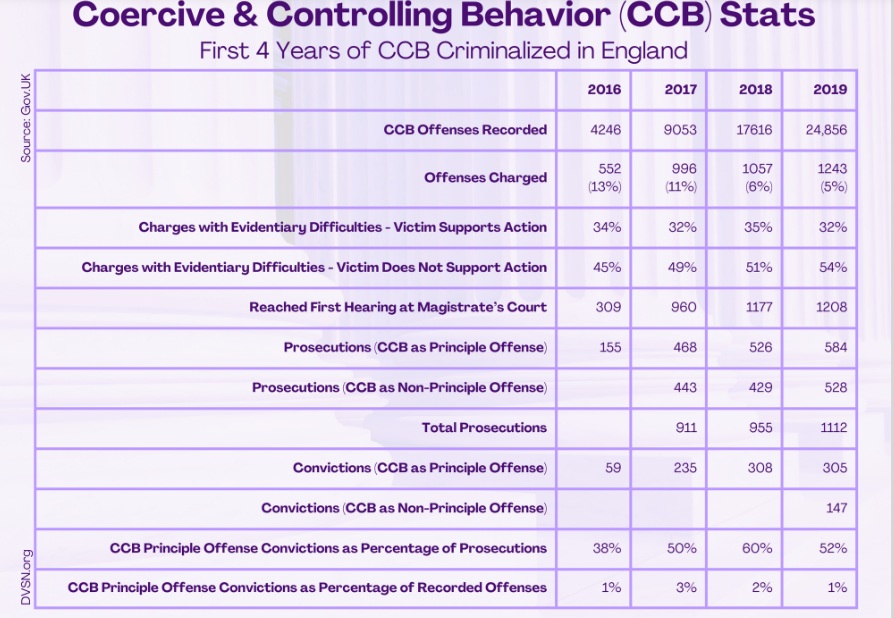
PS/ An up to date chart will be added later tonight or in the morning. Someone sent me a link to a more recent set of figures. Adding another four years of data. I will be look it up later, and see what i can add on here, and i will add the link/s in the reference sources too.
Ivy Barrow
07 Sept 2025
REFERENCE SOURCES
Remembering Evan Stark:
Evan Stark‘s work has had a profound impact on our understanding of domestic abuse and coercive control. His research and advocacy have helped shed light on this often-overlooked form of abuse, paving the way for better support and legal protections for victims. Following his recent passing, let’s honour his legacy by continuing to raise awareness and support survivors of coercive control.
https://www.sciencedirect.com/science/article/abs/pii/S1359178917303373
https://bmcpublichealth.biomedcentral.com/articles/10.1186/s12889-025-21891-5
https://www.coercivecontrolavictimsguide.co.uk/impact-on-the-victim
https://www.davss.org.uk/understanding-coercive-control/
https://thirtyoneeight.org/blogs/supporting-survivors/
https://www.hhri.org/are-you-a-survivor/organisations-sites/
https://www.narcissisticabuserehab.com/survivors-toolkit/#google_vignette
https://endcoercivecontrolusa.com/resources/ USA based resources network:-
TRANSFORMING SYSTEMS BY MAKING COERCIVE CONTROL VISIBLE
Coercive Control Resources
Resources for Targets of Coercive Control & Professionals who Serve Them
https://www.familyviolencemindsetsolutions.com/accessing-resources-for-coercive-control-support/
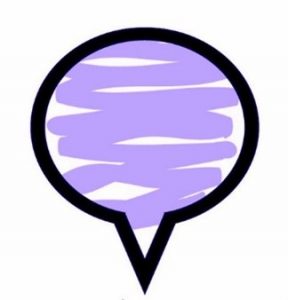 Peer Support
Peer Support Research
Research Education and training
Education and training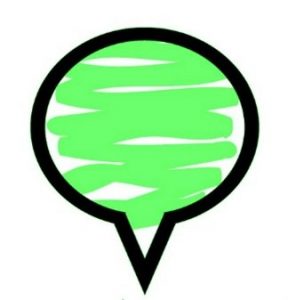 Activism
Activism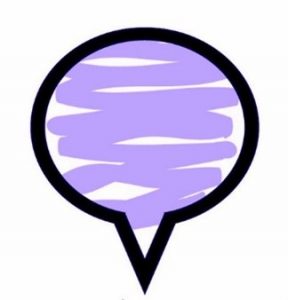 Resources
Resources